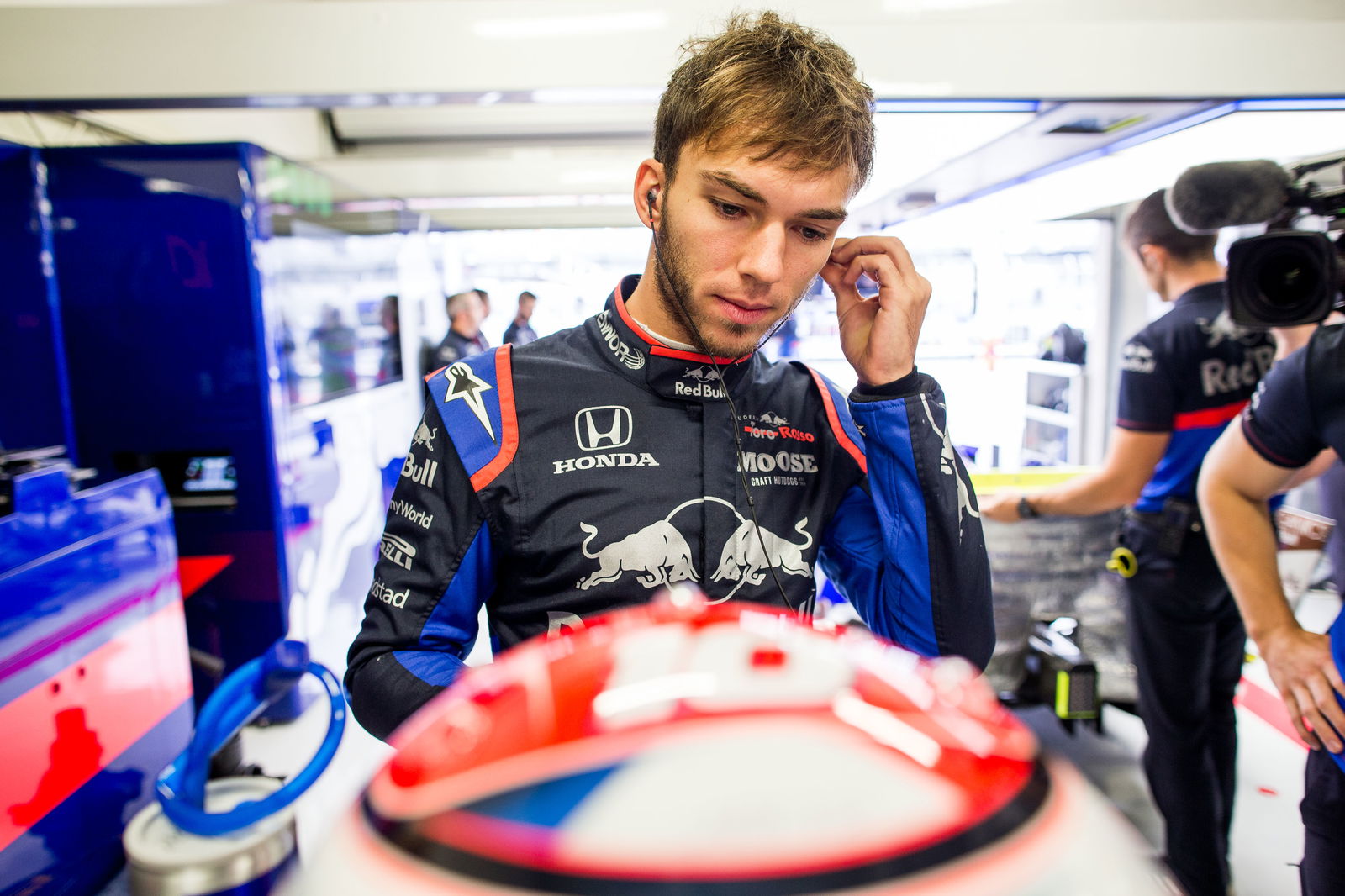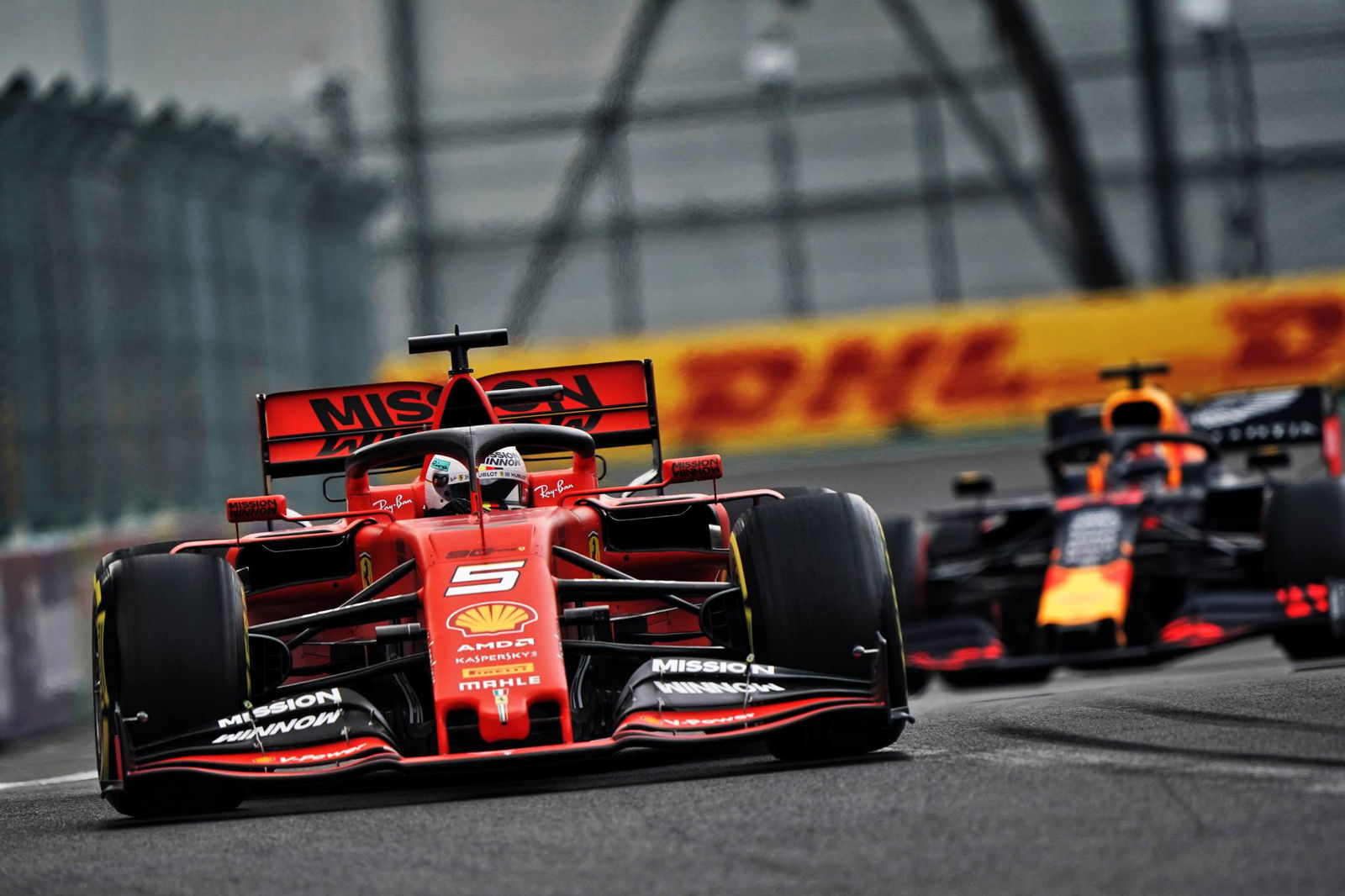Two F1 teams blocked qualifying races plan for 2020
Formula 1 motorsport boss Ross Brawn has revealed that two teams blocked a proposal to run reverse grid qualifying races at three events during the 2020 season.
F1 had been in discussions with teams about a plan to experiment with the qualifying format for next season by introducing qualifying races at three rounds that would determine the grid for Sunday’s grand prix.
The qualifying race grids would have been set by the reverse championship order, with plans to include three unique sprint-style Saturday races in France, Belgium and Russia next year.

Formula 1 motorsport boss Ross Brawn has revealed that two teams blocked a proposal to run reverse grid qualifying races at three events during the 2020 season.
F1 had been in discussions with teams about a plan to experiment with the qualifying format for next season by introducing qualifying races at three rounds that would determine the grid for Sunday’s grand prix.
The qualifying race grids would have been set by the reverse championship order, with plans to include three unique sprint-style Saturday races in France, Belgium and Russia next year.
But the proposal was opposed by two of the 10 teams, meaning F1 was forced to scrap its idea to tweak the weekend format in a bid to make grands prix less predictable and help improve the spectacle.
“We wanted to try a small number of races in 2020, a different format where, on a Saturday it was a reverse-grid format based on championship order and that short-format race would determine the grid order for the final race,” Brawn told Sky Sports.
“I thought it was a fascinating contest. And the drivers were a little bit nervous, which I can understand, but we were just asking for the opportunity for three races to try the format.
“If it doesn’t work, we put our hands up; if it does work, great. If it’s something in between, we can work with [it] just to help us develop the format of racing.
"It’s frustrating that we’ve not been able to do that. But I think that unfortunately is a classic problem of Formula 1.
“The current governance system means we need unanimity to carry any decisions through to next year.
"The teams initially said they would agree with it and then two teams put their hand up at the last meeting and said they wouldn’t agree with it.”


